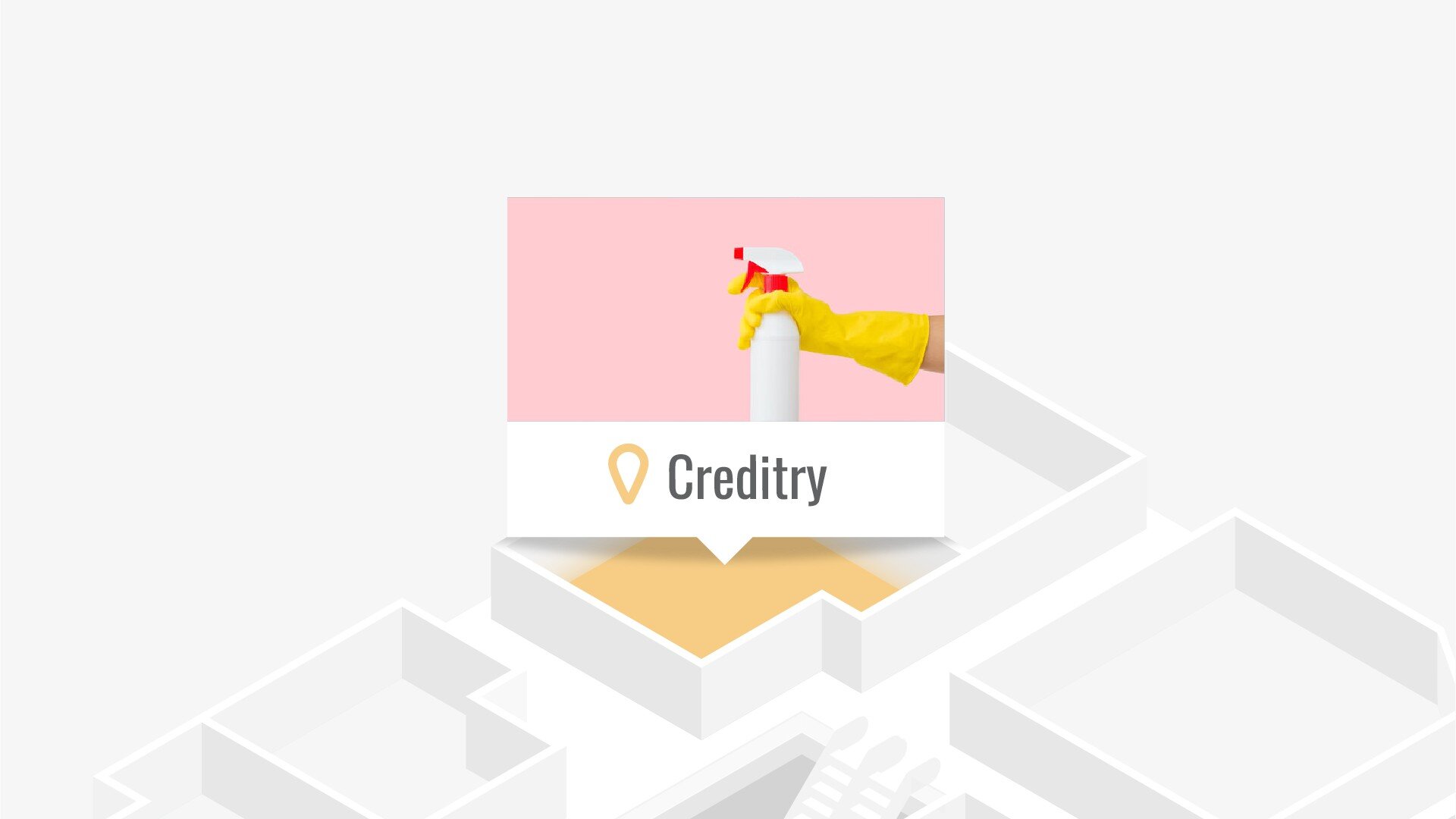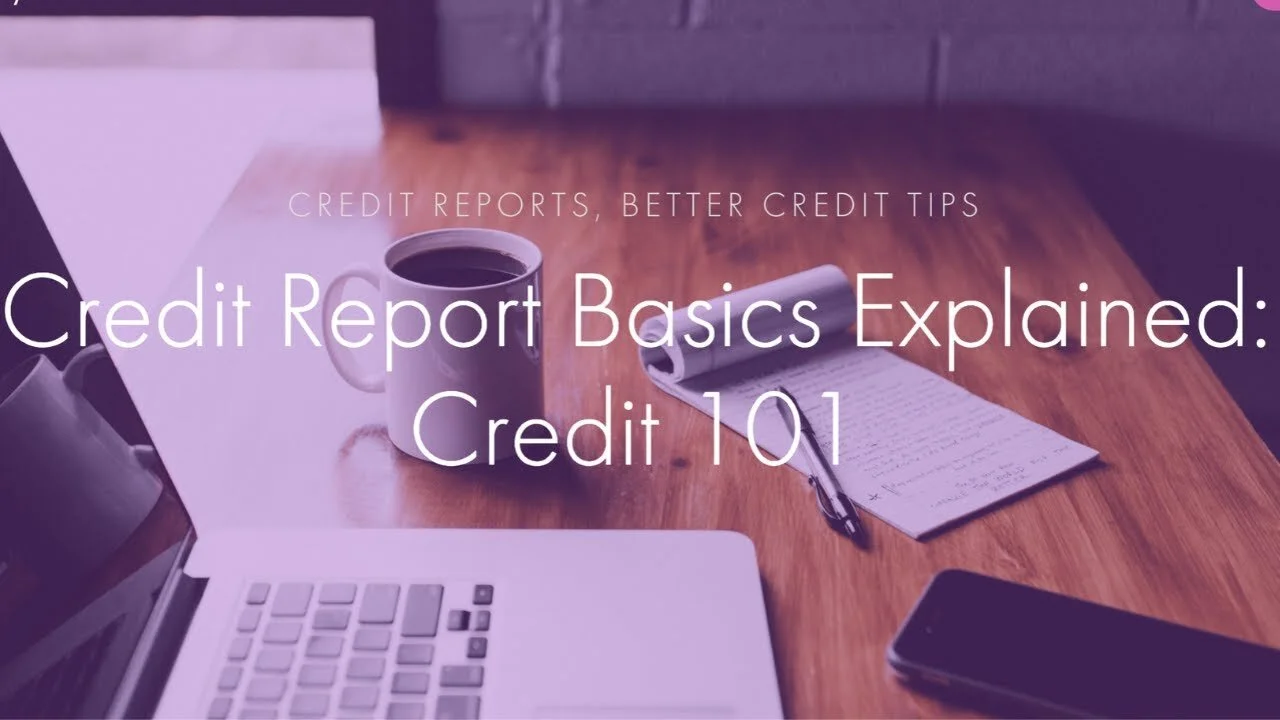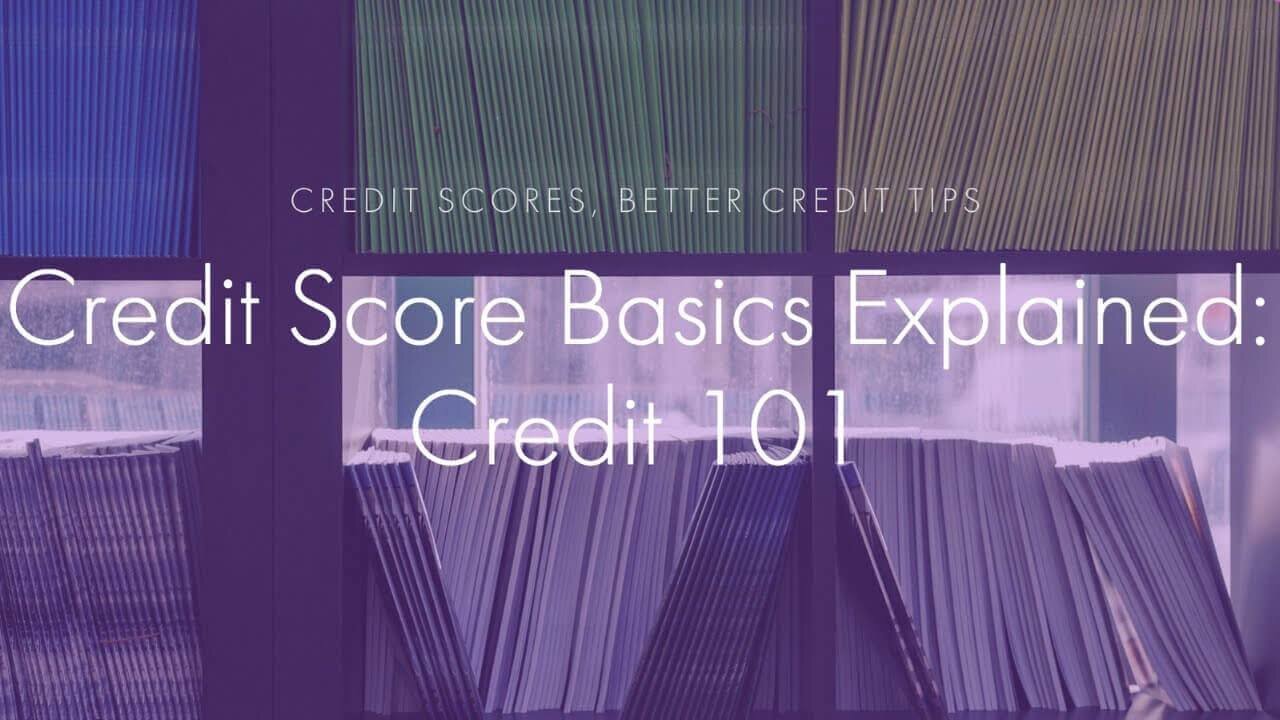How Long Does It Take to Build Credit?
How Long Does It Really Take to Build Credit?
No matter how low your score is, it can always come up with time and dedication. Your question is, of course, how long? How long does it take to build credit? I say quite often that there is no one size fits all approach- no set-in-stone answer. The length of time will depend directly on your situation.
Many experts say that you can expect to begin seeing improvements in three to six months, assuming that nothing new- and negative- is added to your credit report. How much of a difference it makes depends on your own credit factors. We bring you the following information and tips to help you make the biggest impact on your score as quickly as possible.
Keep Your Credit Clean with the Creditry Store.
Getting Started
You have to start somewhere, right? Let’s just make sure you get a strong start. You need to get updated copies of your credit reports. You can always use websites like Experian and Credit Karma to see what’s on your credit- both of which I personally use.
However, once a year I like to get my actual full reports from www.annualcreditreport.com. They typically give a little more thorough information, and I can write and highlight and take notes on them. Still, it’s not necessary. You can stick with the simpler online reports if you choose.
Additionally, you are going to need to collect pretty much any bill collection notifications you have- particularly those that come in the mail. If you are like me, you hate opening them. You know what they are, so you would prefer to leave them sitting in your “I’ll deal with them later.” Or, is that just me?
Regardless of your feelings toward them, those pesky little bills need to make it to your “I’m dealing with it right now” pile. Compare these to your credit report. Are these bills on your report? If they are not, they need to go in a separate pile. We will be coming back to this pile shortly, so don’t send it to the junk drawer yet.
Credit Score Breakdown
Before you go through all of your debts and really dive into your credit report, it’s best to understand the credit rating scale and how your credit score is calculated.
Let’s start this with a very clear fact: There is more than one type of score and more than one rating scale. If you are looking to build credit for a specific goal, such as for a credit line through a retailer, you will want to find out which score that retailer checks. That will give you the best indication of how to make your credit-building plan.
For the sake of simplicity, we are going to go by a commonly used credit rating scale:
300 to 599- This range is typically considered poor credit. If your score is somewhere in here, you probably have a very difficult time with everything involving credit. You want to avoid this range as much as you possibly can.
600 to 699- This range is a pretty popular one- a very high percentage of Americans fit here. It’s definitely better than the “poor” rating, but it can still be a challenging place to be.
700 to 749- These are “good” numbers. If your score falls in this zone, you are doing pretty good and can probably get approved for most of what you need. However, your interest rates are still not as low as they could be.
750 and up- This credit range is considered excellent credit and gets the best interest rates on loans.
Now that you know the numbers, it’s time to understand how that number comes to be. Let’s do a quick breakdown of the five factors in the credit score formula:
35 percent - Payment history - Even one late or missed payment can put a big dent in your score.
30 percent - Credit utilization -Are you using all of the credit available to you? For instance, are your credit cards maxed out? Using more than 30 percent of what is available can hurt you much more than it can help.
15 percent - Credit length - How long have you had credit lines opened? The longer, the better.
10 percent - New credit - Have you opened a lot of credit lines lately? Do you have a lot of recent inquiries? Neither of these looks too good.
10 percent - Credit mix - Is all of your credit from one type of credit line? For example, do you only have credit cards opened? Lenders like to see a mix of both installment and revolving credit. Having credit cards in addition to a home loan looks much better than having only one.
Again, there are different credit scoring systems, so the weights of each factor might vary slightly. Those mentioned here are based on information from Experian.
Create a Battle Plan
At this point, you should have your credit reports and any collection notifications beside you. You also have- at a minimum- a general understanding of credit ratings and scores. Now, it’s time to get to work creating a personalized battle plan that involves three important steps.
Step #1: Resolution
Typically, when people ask, “How long does it take to build credit?” they are referring to the part where you actually build it. That is, of course, an important step, but there are two others that need attention first.
Let’s start with resolving what’s on your credit report. This is where you actually take a look at those different debts and figure out what exactly is bringing your score down.
The thing is that- while it may be possible to build credit while bad things are on it, it can be a very difficult thing to do. That’s because what is already on your credit- as you can see above- has such a huge impact. It’s best to work on what’s there first, or at least at the same time.
It probably sounds a little overwhelming to determine what to work on first, but it can be done. By using the information above on how your credit score is calculated, you can see what is hurting it the most. Or you could do it even easier than that.
When you sign up for an account through Experian or Credit Karma, they do it for you. Each points out the different factors that both help and hurt your score. Using either- or both- of these services provide a direction you can follow.
Step #2: Prevention
Okay, so remember those irritating collection notices we dug out earlier? It’s time to make a plan with those two. Although what’s in this pile has not yet made it to your credit, don’t think it won’t be there soon.
Once a debt gets sent to a collections agency, it can quickly land on your report. What you certainly do not want is to finally get your credit score moving in the right direction, only for new debt to knock you back down.
Get to work now on a plan to pay them. Call the collections companies about payment plans and settlement offers. If you must, pay them $5 or $10 per month- whatever you can do to keep them off of your credit.
Step #3: Establishment
Okay, we have made it to the actual building part. Congratulations! The foundational idea here is simple: Open new lines of credit. This can mean credit cards, home loans, retail accounts, auto loans, personal loans, and more.
The best type of credit line to open depends on what your credit mix already looks like. Figuring that out is a simple step. What you might find difficult, though, is getting approved for those credit lines. If you need good credit to get credit, what exactly do you do?
I can say from firsthand experience that it’s a difficult spot to be in, but it’s not impossible. I am going to share some steps below that I personally followed to help bring my score up recently.
Tips for Building Credit Quick
Granted, the word “quick” is still relative to your unique situation and will vary across different credit scores. Some people may see a difference in a couple of months. For others, it could take longer. However, these are a few credit-building helpers.
Credit Builder Loans
There are loans made available specifically for the purpose of building credit. There are many secured and unsecured options available online and at your local financial institutions.
Secured Cards
Secured credit cards are also excellent at helping to build credit. You pay a deposit, the credit card company extends a line of credit, and you repay that line of credit. If you make timely payments, your deposit is typically returned to you in time. There are many secured cards available, but be sure to compare interest rates and annual fees before choosing one.
Auto Loan
I opened an auto loan through a “buy here, pay here” establishment and made sure to make every single payment at least a day early. That was my rule to myself- it must be paid one day in advance at a minimum. This alone brought my score up a few points. While mine is an auto loan, any type of installment loan will do.
So...How Long Does It Take to Build Credit?
These few steps laid out above can make a big impact on your credit by anywhere from a few points to over a hundred. Additionally, every debt you get off of your credit report- be it through having it removed or paying it off- can increase your score up to 25 points.
By resolving current debt, preventing new “bad” debt from appearing, and opening new lines of credit, you can completely change your financial situation. The amount of time it takes depends on how quickly you can make those things happen.
Conclusion
Building your credit can be a long, drawn-out, exhausting process, but it is possible. Once you begin your journey, you might find that it does not take as long as you think.
No matter, though, if it takes a few weeks or several years, you don’t have to go it alone. Our Goalry Mall has your back. It is full of information to help you gain wisdom and practical knowledge for your financial journey. From our blogs to our Mall Cinema, you can become the master of your money.
Our members also get access to incredible features that help organize and track expenses, accounts, transactions, and much more. Come take a look yourself at all we have to offer.




